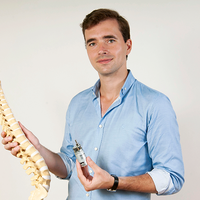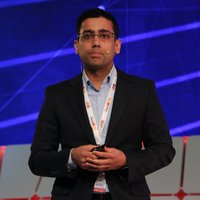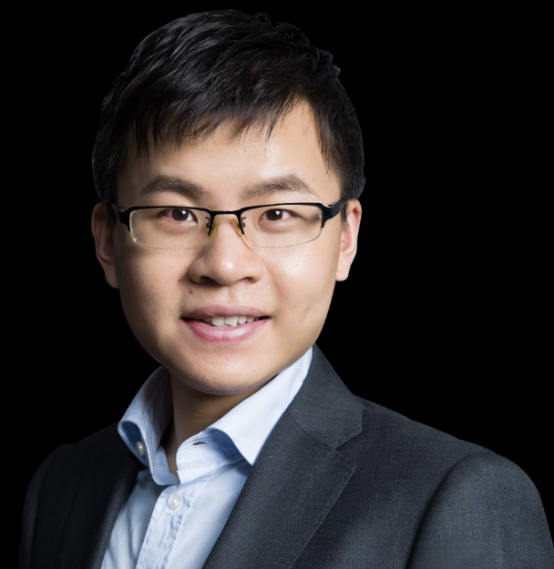Computer & electronics hardware
Song Yao
Challenging GPU’s position in the world of AI

Latin America
Stephanie Valencia
Her open source, accesible, low-cost devices allow children with physical, verbal and cognitive disabilities to improve their quality of life

Asia Pacific
Prateek Saxena
Can Computers Withstand "Earthquakes"?

Europe
Antoine Noel
Chronic back pain can be minimized thanks to the robotic medical device that he has developed, called Atlas

India
Pankaj Agarwal
A button-type device that connects to toys and a mobile app to enable intuitive interactions for kids
